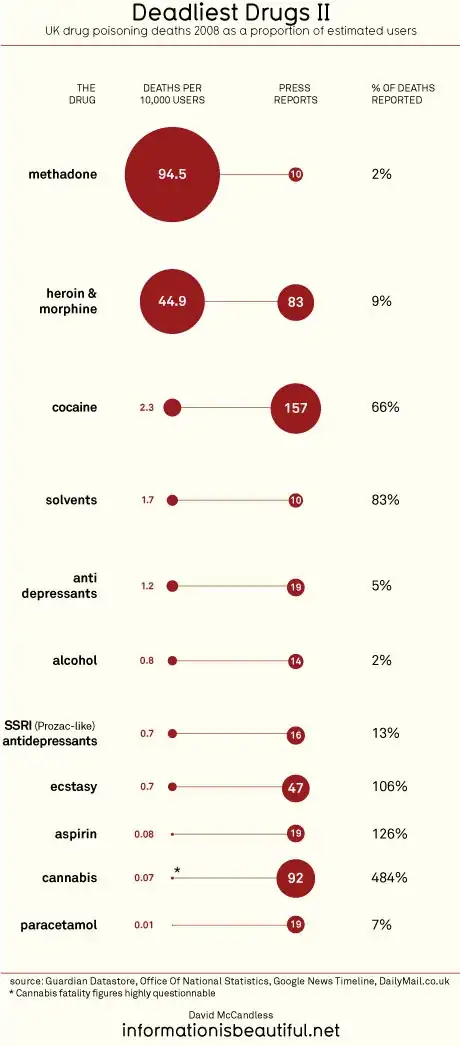The National Institute on Drug Abuse (NIDA) admits that cannabis is not physically addictive, it is not a gateway to drugs, it does not cause cancer or emphysema, there is no evidence it negatively affects driving, there is no evidence it causes an early onset of psychosis, and there is no evidence it negatively affects teen IQ.
The most important of these is the fact that there is no evidence cannabis negatively affects driving, because the main argument against cannabis legalization is “impaired driving”. It is the only reason anyone could claim to be a victim of cannabis consumption, yet it’s unfounded and doesn’t make anyone a victim anyway.
The second most important is that it doesn’t negatively affect teen IQ. This study was done after the popular “marijuana makes kids lose 8 IQ points” nonsense.
Quotes from NIDA:
In NIDA’s article Is marijuana a gateway drug? it says:
“These findings are consistent with the idea of marijuana as a ‘gateway drug.’ However the majority of people who use marijuana do not go on to use other, ‘harder’ substances.”
In NIDA’s article Drugged driving, they mention this study about cannabis and driving:
https://www.nhtsa.gov/staticfiles/nti/pdf/812117-Drug_and_Alcohol_Crash_Risk.pdf
The study says:
“The more carefully controlled studies, that actually measured marijuana (THC) use by drivers rather than relying on self-report, and that had more actual control of covariates that could bias the results, generally show reduced risk estimates or no risk associated with marijuana use (Elvik, 2013).”
And it concludes:
“The results of this study are in line with the previous research on the effects of marijuana on the risk of crash involvement. While a number of previous studies have shown some increased risk associated with marijuana use by drivers, many studies have not found increased risk. As was noted previously, studies that measure the presence of THC in the drivers' blood or oral fluid, rather than relying on self-report tend to have much lower (or no elevated) crash risk estimates. Likewise, better controlled studies have found lower (or no) elevated crash risk estimates.”
In NIDA for Teens’ article Marijuana, they mention a major study done on teenage twins. NIDA says:
“However, two recent twin studies suggest that this decline is related to other risk factors (e.g., genetics, family, and environment), not by marijuana use itself.”
The study can be read about here:
http://www.sciencemag.org/news/2016/01/twins-study-finds-no-evidence-marijuana-lowers-iq-teens
It says there is no evidence that cannabis consumption with teens causes a lower IQ or any developmental problems.
In NIDA’s article What are marijuana’s effects on lung health? they say:
However, while a few small, uncontrolled studies have suggested that heavy, regular marijuana smoking could increase risk for respiratory cancers, well-designed population studies have failed to find an increased risk of lung cancer associated with marijuana use.
And:
Animal and human studies have not found that marijuana increases risk for emphysema.
The rest of the article is full of maybes without any solid evidence or examples.
The DEA factsheet for cannabis still says:
“No death from overdose of marijuana has been reported”
According to the information provided by NIDA, the cannabis vegetable is safer and healthier than the sugar that we sell to children.
